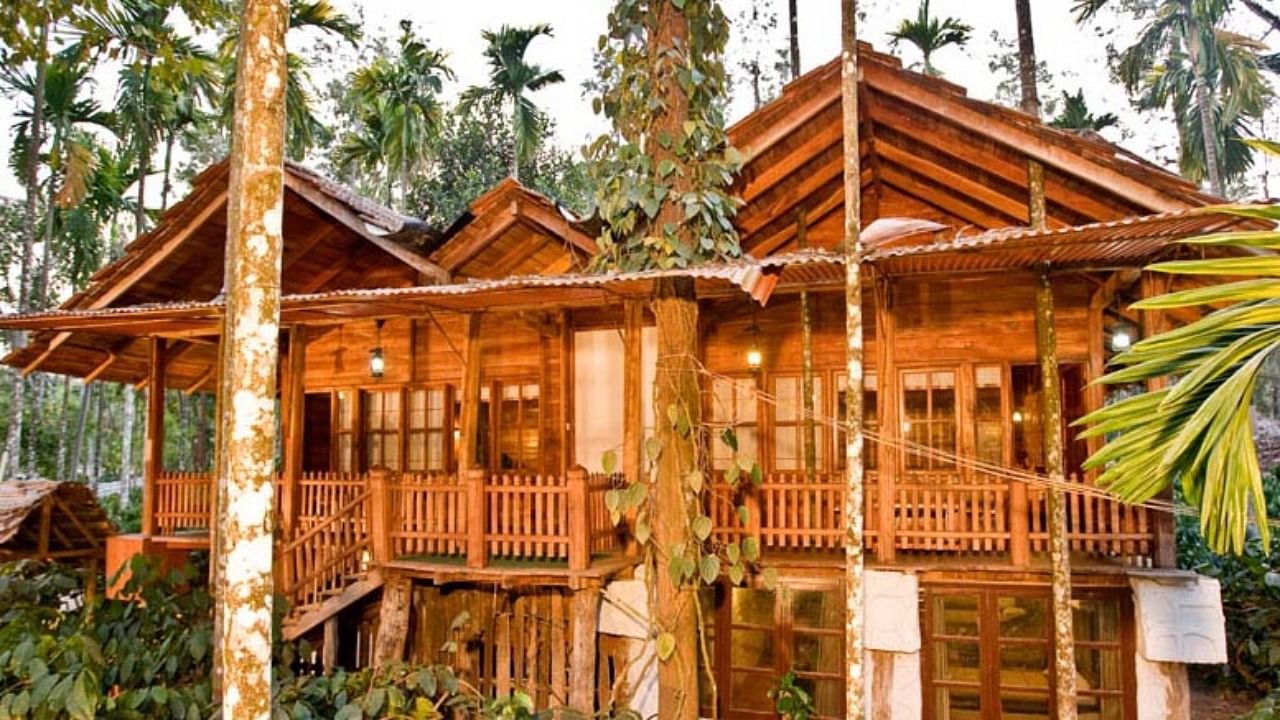
Exemption from licensing, subsidies and a national portal are among the slew of measures that the Centre has recommended as per its draft policy to promote homestays across the country. The tourism ministry has asked stakeholders to respond to the draft policy by April 15.
The Draft National Strategy for Promotion of Rural Homestays was initiated by the ministry’s hotels and restaurant division late last month, and the ministry said that it was in line with the National Strategy and Roadmap for Rural Tourism, which has already been notified, as well as the National Strategy for Sustainable Tourism, which the ministry has prepared.
“The National Strategy for Promotion of Rural Homestays is in line with the national strategies for rural tourism and sustainable tourism. The strategy aims at recognising the role of rural homestays in promoting rural and sustainable tourism and strengthening the support system for rural homestays,” the draft note states.
Among the reforms that the Centre has suggested is the exemption of obtaining a licence to provide food and lodging services. “The State Governments will provide necessary exemptions, wherever feasible, to the Rural Homestays from the provisions of Sarai’s Act, 1867or any other Act relevant to the subject, for the time being in force,” the draft note recommends.
Apart from that, rural homestays will also be eligible to benefits of the Centre’s schemes for promoting self-employment, village industries and other such schemes. Most importantly, those who operate homestays will receive the benefits of MSME enterprises under Central and State schemes. Additionally, the draft proposes that home stays should be given subsidies of up to 30 per cent of the fixed capital invested, to Rs 1 lakh per room up to a a maximum of six rooms.
Another suggestion is that state governments do not treat homestays as commercial entities and that power and water tariffs be applied as per domestic or residential use. The draft also proposes that entertainment or other commercial tax not be imposed on homestays.
The draft also suggests that incentives be provided to homestay owners based on their performance. If the draft is passed, then homestay owners will be eligible for Rs 15,000 for completing 50 days of guest accommodation in the first year, Rs 20,000 for completing 75 days in the second year and Rs 25,000 for completing 100 days guest accommodation in the third year.
An official of the ministry said that the policy to promote homestays was prompted by a trend among travellers to try newer places and cultures. “There’s new demand to look for places that fly under the radar, and to try out new experiences. This could be the culture of a place or its cuisine, or something that is peculiar to the location,” the official said. Homestays, especially in rural areas, have the potential to cater to that, the official added.
The ministry has also developed a portal called the National System of Registration of Homestays through National Integrated Database of Hospitality Units (NIDHI), which will provide a unique identity to each homestay. “This will help other digital marketing platforms for Homestays to discover the Rural Homestays and also access the data from the national registration system,” the draft note states.
As per the policy, the ministry aims to identify and build a repository of best practices, and encourage private sector as well as non-government organisations to invest in these initiatives.
Watch the latest DH Videos here: